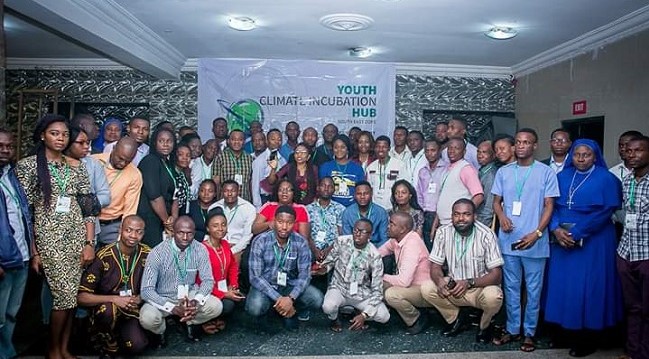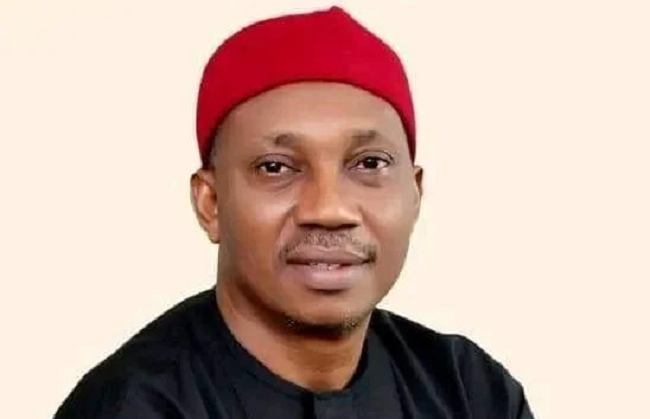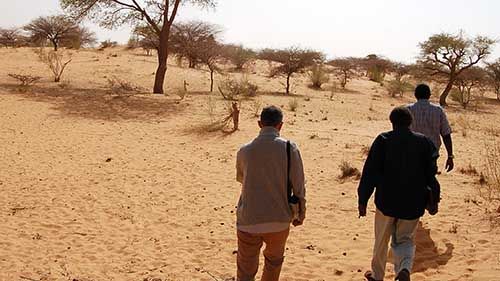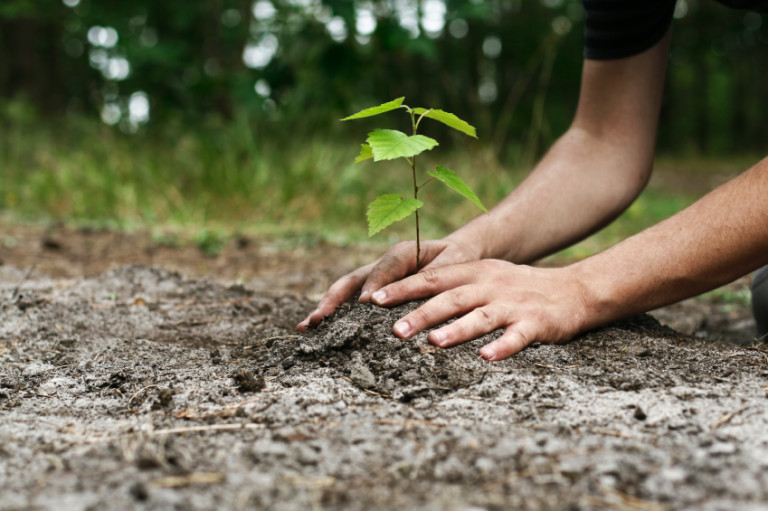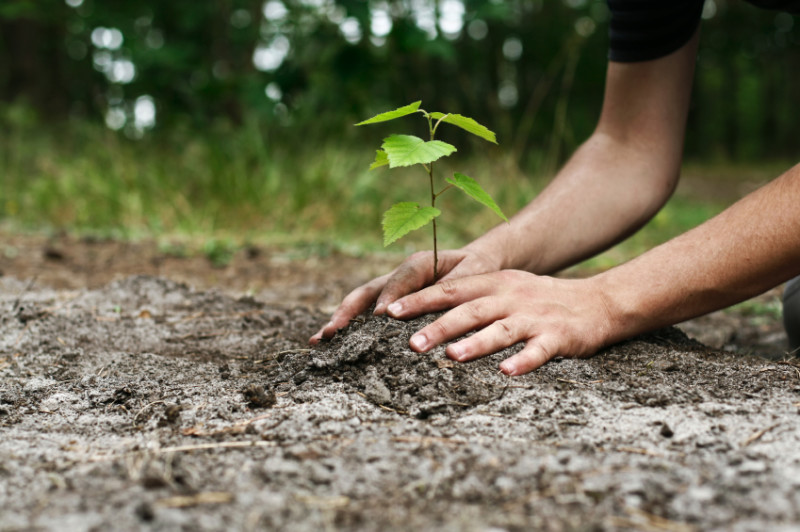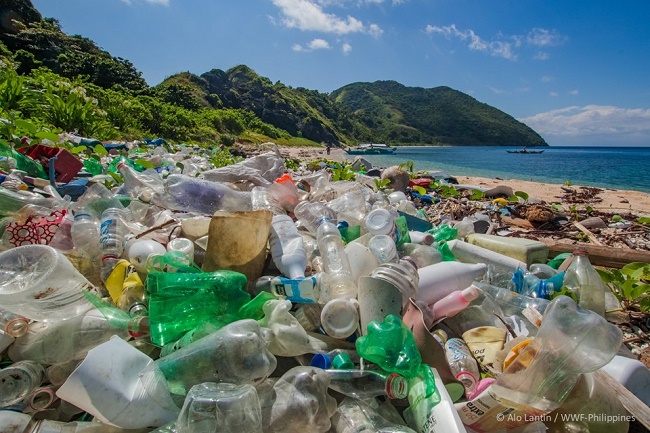Dangote Petroleum Refinery has announced a reduction in the ex-depot (gantry) price of Premium Motor Spirit (PMS), commonly referred to as petrol, by N30.00, from N850 to N820 per litre, effective from Tuesday, August 12, 2025.
This was disclosed in a statement issued on Tuesday by Anthony Chiejina, Group Chief Branding and Communications Officer of the Dangote Industries Limited.
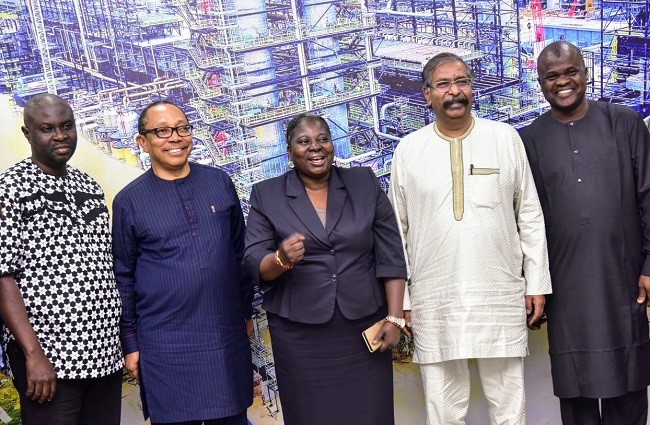
Chiejina stated: “As part of our unwavering commitment to national development, Dangote Petroleum Refinery assures the public of a consistent and uninterrupted supply of petroleum products.”
On the company’s plan to directly distribute petroleum products nationwide, he noted: “In line with our dedication to operational excellence and sustainable energy solutions, Dangote Petroleum Refinery will commence the phased deployment of 4,000 Compressed Natural Gas (CNG)-powered trucks for fuel distribution across Nigeria, effective August 15, 2025.”
In a related development, the Nigerian Labour Congress (NLC) has hailed the Dangote Petroleum Refinery as a transformative national asset, calling it a vital step in bridging Nigeria’s fuel supply gap, boosting employment, and restoring public confidence in the country’s industrial capacity.
Speaking during a tour to the refinery and Dangote Fertiliser Limited, the Chairman of the Nigeria Labour Congress, Lagos State chapter, Comrade Funmi Sessi, praised the massive scale and strategic significance of the Dangote Group’s investments, stating that the projects are delivering tangible benefits to the Nigerian people.
“Today, we have seen the massive Dangote Refinery project, as well as the fertiliser plant. We have also observed some of Dangote’s other investments in this axis. It is truly enormous and highly impressive,” said the NLC chairperson. “I believe what we have seen is a clear effort to bridge the gap in the availability of essential products in the country and to create job opportunities for Nigerians and others as well as industrialise the country.”
The union acknowledged that following the Federal Government’s removal of petrol subsidies, Nigerians experienced an unprecedented surge in the cost of Premium Motor Spirit (PMS). However, the entrance of Dangote Petroleum Refinery into the market helped to stabilise prices.
“It wasn’t until Dangote came into the picture that we started seeing some relief. His intervention significantly crashed the escalated prices of PMS and other refined products. That’s a clear demonstration of private sector leadership,” she stated.
The NLC made a direct appeal to the FG to prioritise the sale of crude oil to the Dangote Refinery in naira. The union argued that forcing the company to import crude or purchase locally in dollars undermines the promise of lower fuel prices for ordinary Nigerians.
“This country has crude oil in abundance. So why is Dangote still being made to import crude or pay for it in hard currency?” the NLC queried. “If the government is truly committed to reducing fuel prices and supporting local refining, it must sell crude oil to Dangote in naira.”
The union stressed that sourcing crude locally in local currency would significantly lower operational costs and, by extension, lead to a more sustainable reduction in fuel prices.
“With a daily capacity of 650,000 barrels, this refinery can serve Nigeria and even the West African sub-region. We also seen big ships taking fertilisers to other countries. The government must maximise”
The NLC lauded Alhaji Aliko Dangote for achieving a fully functional, world-class refinery capable of meeting both domestic and regional demands for refined petroleum products.
“When government-owned refineries failed, one man stepped up. Aliko Dangote didn’t just make promises; he fulfilled them. He has proven that Nigeria can not only refine its own products but also meet international quality standards,” she added.
The union also hailed the refinery’s production of Euro 5-compliant fuel, which features significantly reduced sulphur content, aligning with international environmental standards and boosting Nigeria’s credibility in the global petroleum market.
“This is the kind of pride we want to see — a Nigerian company producing at global standards. It is changing the narrative and elevating Nigeria’s position globally. It’s time the government supports and maximises the capacity of this asset”
In addition to fuel, the NLC noted the group’s fertiliser company, which is already exporting to international markets. It urged the government to leverage these capabilities to enhance food security and reduce dependence on imported agricultural inputs.
Vice President, Oil and Gas, Dangote Industries Limited, Mr Devakumar Edwin, said the planned deployment of 4,000 Compressed Natural Gas (CNG)-powered trucks to support the distribution of refined petroleum products across Nigeria is aimed at ensuring that the benefits of domestic refining and the resulting reduction in fuel prices are fully passed on to Nigerian consumers.
Mr Edwin stated that the introduction of the CNG-powered fleet is a strategic step to reduce logistics costs in fuel distribution — a major factor in the final pump price.
“The deployment of these 4,000 CNG-powered trucks will help us pass down the benefits of domestic refining and the reduction in product prices to consumers,” Edwin said. “The aim is to support logistics and make distribution more efficient, not to displace any existing players in the sector.”
He further explained that the use of CNG-powered trucks, in addition to being more environmentally friendly, will significantly reduce transportation expenses, ultimately making refined products more affordable for Nigerians.
Edwin also highlighted the wider impact of Dangote’s industrial ventures, particularly in stimulating competition and growth in key sectors of the Nigerian economy. He cited the Dangote Sugar Refinery as an example, noting that its success paved the way for other companies, including BUA Group and Nigerian Flour Mills to invest in sugar production.
“We’ve seen it with sugar, and we’ve seen it with cement. The success of Dangote Cement led to the emergence of players like BUA, Mangal, and the expansion of Lafarge,” he said. “In the same way, the success of this refinery will drive the emergence of more private refineries in Nigeria.”
According to him, the Dangote Refinery is not only helping to address Nigeria’s long-standing reliance on imported refined products but is also setting the pace for a sustainable and competitive refining industry that will benefit the broader economy.
He noted that the Dangote Group has become a nurturing ground for Nigerian engineers, scientists and technicians, many of whom have gone on to work as expatriates in various countries. He assured the labour leaders of the company’s steadfast commitment to human capital development, staff welfare, and the overall wellbeing of the economy, emphasising that Aliko Dangote is a patriotic Nigerian fully dedicated to the nation’s progress.

